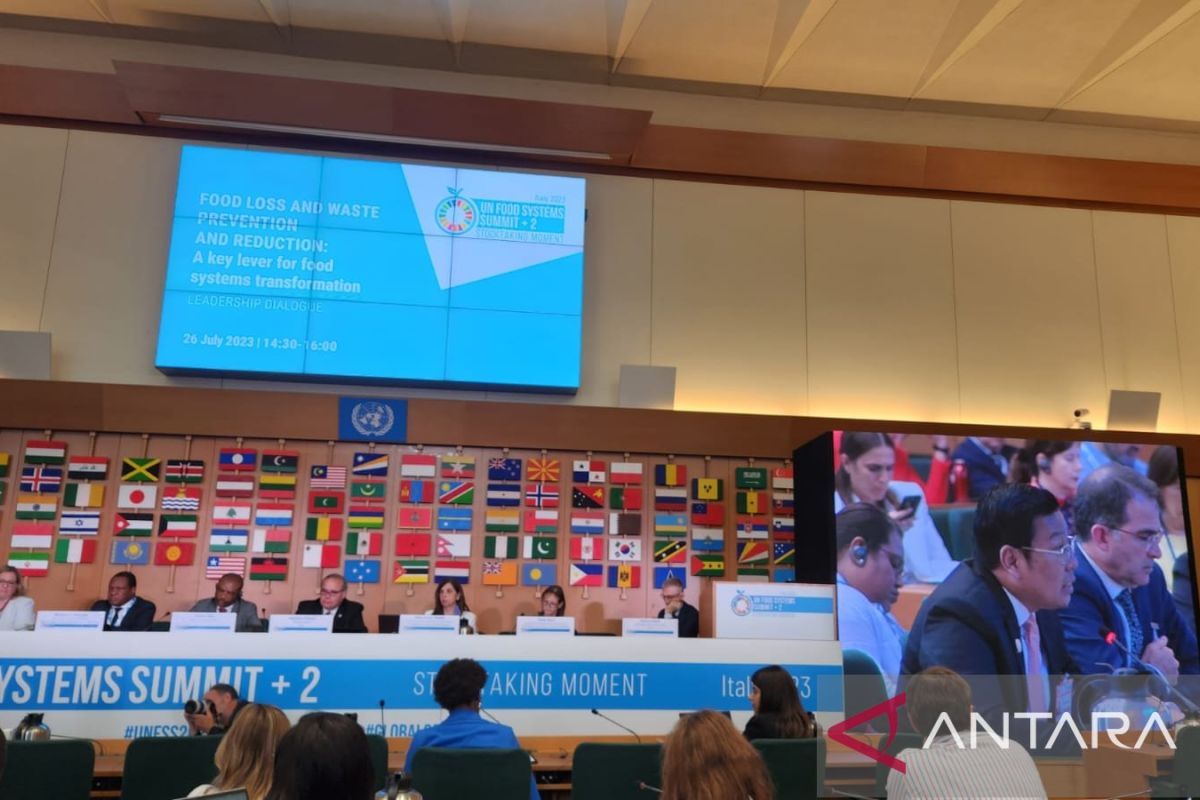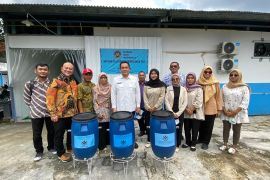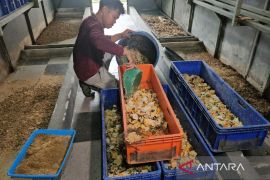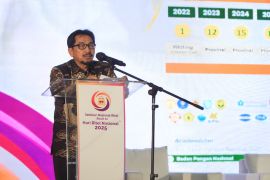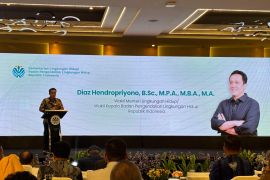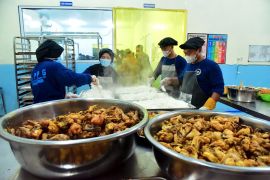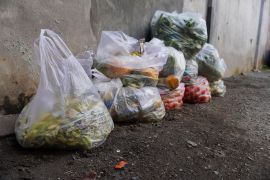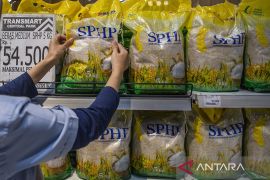In a statement received on Thursday, Adi said that during the summit he emphasized the importance of global collaboration to reduce food loss and waste as well as the risk of food scarcity and malnutrition.
Globally, approximately 14 percent of the food produced is lost between harvest and retail, while an estimated 17 percent of the total global food production is wasted, comprising 11 percent in households, 5 percent in the food service sector, and 2 percent in retail, according to the UN.
Therefore, the Indonesian government continues to work on policy formulation to address food loss and food waste issues effectively, as affirmed by Adi.
He noted that Indonesia has identified several policies to address the issue, including changing behavior, strengthening regulations, optimizing funding for handling food loss and waste, conducting research and development, and preparing a food loss and waste database.
He stated that some strategies to prevent food loss and waste include creating a platform that teams up across sectors involving three groups of actors: the food service industry, such as restaurants and hotels, organizations, and beneficiary groups.
The Indonesian government has provided and facilitated food logistics for the redistribution of surplus food from donors to beneficiaries, particularly to those in need.
A total of 27 tons of surplus food had been distributed to beneficiary groups in Jakarta during the period from December 2022 to February 2023.
"We will expand this (program) to other regions so that this movement continues and has a positive impact on our food security," he remarked.
Based on a study conducted by the Ministry of National Development Planning/National Development Planning Agency (Bappenas) in the 2000-2019 period, Indonesia produced 23 to 48 million tons of food waste per year.
The amount of food waste could have supported 61 to 125 million people, or equal to 29 to 47 percent of the Indonesian population.
Economic losses due to food loss and food waste in Indonesia reached Rp551 trillion (around US$36.6 billion).
Related news: Leftover food can provide children with nutritional intake: BKKBN
Related news: Reduce waste to ensure food availability: Bapanas to people
Translator: Shofi Ayudiana
Editor: Anton Santoso
Copyright © ANTARA 2023
